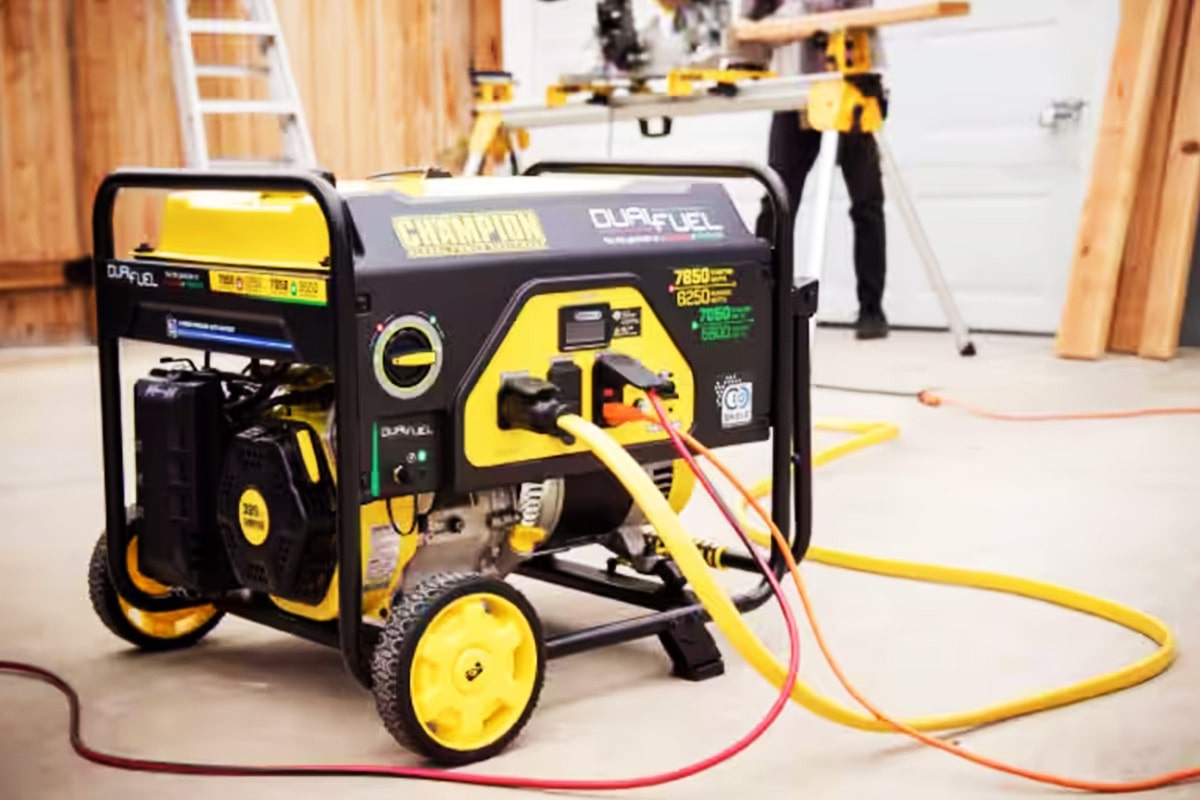
In an increasingly unpredictable world, emergency preparedness has become a crucial aspect of ensuring the safety and well-being of our homes and businesses. One of the most critical components of any emergency preparedness plan is having a reliable source of backup power. Generators play an essential role in maintaining power continuity during outages, natural disasters, and other unexpected events. This article explores the importance of generators in emergency preparedness and provides insights into choosing the right generator for your needs.
Power outages can occur without warning, often resulting in significant disruptions to daily life and business operations. Severe weather, natural disasters, and even infrastructure failures can leave us without electricity for hours, days, or even weeks. During such times, a generator can be a lifesaver, providing the necessary power to keep essential systems running.
Selecting the right generator involves understanding your power needs and the different types of generators available. Here are key factors to consider:
Proper maintenance is key to ensuring your generator operates reliably when you need it most. Regular servicing, fuel checks, and testing are essential. Here are some maintenance tips:
Incorporating a reliable generator into your emergency preparedness plan can provide peace of mind and ensure that you are ready for any power interruption. Whether for your home or business, the right generator can make a significant difference in maintaining safety, comfort, and operational continuity during emergencies. By understanding your power needs, choosing the appropriate generator, and committing to regular maintenance, you can be better prepared to face the unexpected with confidence.
Be the first to know! Subscribe for exclusive offers and updates.